- Microsoft fires employees after protest over Israel military AI contract
- Bangladesh Armed Forces extend aid in quake-hit Myanmar
- Israel does not want to clash with Turkiye in Syria: Netanyahu
- ‘Media reform commission’s plot to destroy industry’
- Bangladeshi stars speak out against Gaza violence urge global awakening
- Former ICT prosecutor Tureen Afroz arrested in murder case
- Bangladesh offers zero tariff on 100 more US goods
- Palestinian ambassador thanks Bangladeshis for protests
- No need to panic over suspension of export orders: Press Secretary
- Honey harvesting begins in Sundarbans' Satkhira range
- RMG workers protest in Gazipur demanding unpaid dues, Eid bonus
- Philippine envoy meets Chief Adviser
- Miraz shortlisted for best sportsperson of the year
- US citizens in Dhaka warned of travel risks
- Daffodil University suspends lecturer for opposing student solidarity strike for Gaza
- ‘Swadhinata Concert’ rescheduled in solidarity with protest against Israeli genocide
- I strongly oppose any displacement, annexation in Gaza, West Bank: Macron
- 11 jailed, including 7 ex-Sonali Bank officials, for Tk 1.38 crore embezzlement
- Ukraine to send delegation to US next week for talks on new mineral deal
- BEZA invites foreign investment in ambitious NSEZ project in Ctg
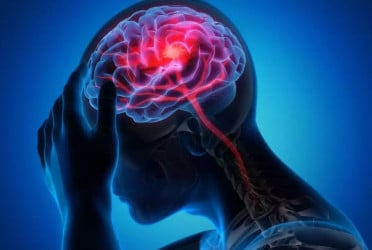
Harvard study reveals 17 risk factors for brain diseases
A Harvard-affiliated study has revealed that managing 17 key risk factors can reduce the likelihood of developing brain-related diseases such as stroke, dementia, and depression. The findings, published on April 3 in the Journal of Neurology, Neurosurgery Psychiatry, emphasize lifestyle and...

Chemicals found in everyday products may affect newborns’ brain development: study
Phthalates, synthetic chemicals found in common items like food packaging, personal care products, and toys, have been associated with irregular neurological development in infants. Now, scientists may have discovered a biological pathway for how this phenomenon could occur. Researchers found...

Scientists observe memory formation in babies' brains in real time
Have you ever been convinced that you remember being a baby? A moment in a crib, or the taste of a first birthday cake? Chances are, those memories arent real. Decades of research suggest that most people cannot recall personal experiences from the first few years of life. However, even...

Paralyzed man controls computer with Neuralink chip in his brain
In January 2024, Noland Arbaugh, a 30-year-old man paralyzed for eight years, became the first person to receive a brain chip from Neuralink, the neurotechnology company founded by Elon Musk. Despite understanding the risks, Noland emphasized that the focus should be on the science rather than...
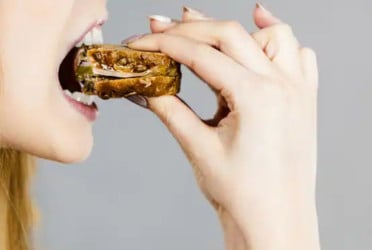
Chewing harder foods may improve memory: Scientists
Chewing harder foods, like wooden sticks, could boost brain glutathione levels and enhance memory, according to a research from South Korea. Scientists at Kyungpook National University found that chewing on harder materials for just five minutes increases glutathione (GSH), the brains natural...

Study links brain activity at death to soul departing the body
New studies on brain activity during the dying process suggest that the brain may remain active even after clinical death. Medical researchers propose that these energy spikes could indicate the souls departure from the body. Research involving electroencephalograms (EEGs) of dying patients has...
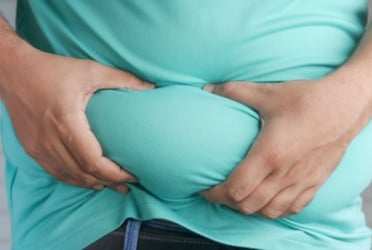
Belly fat may benefit young brains
Researchers from Toho University, Japan, have discovered a link between belly fat and brain health. Their study, published in GeroScience, found that visceral fatdeep fat surrounding internal organsproduces CX3CL1, a protein that helps maintain BDNF (brain-derived neurotrophic factor), which is...
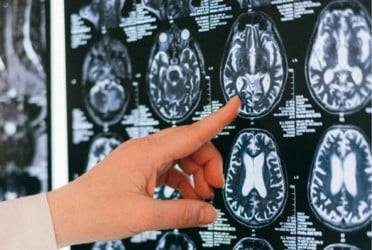
New AI model accurately tracks brain ageing speed
Researchers have developed a revolutionary method to measure how fast the brain is ageing, offering new insights into cognitive decline and neurodegenerative diseases like Alzheimers. The study, published in Proceedings of the National Academy of Sciences (PNAS), introduces a 3D convolutional...
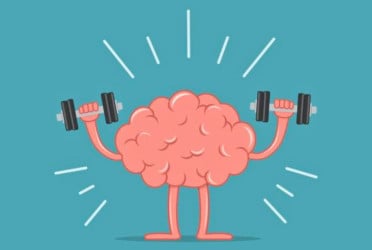
Diabetics: Two weeks of exercise can help
Regular exercise is known for improving heart health, weight management, and overall fitness. However, new research suggests it can also enhance brain function by improving how brain cells respond to insulin, a crucial hormone for blood sugar control. This discovery could be a game-changer for...
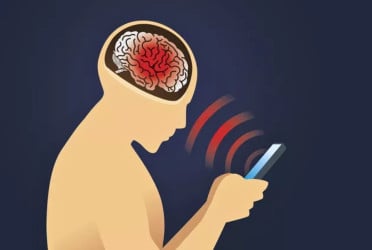
One phone setting can reverse 10 years of cognitive ageing
In an era where smartphones dominate daily life, a new study suggests that blocking mobile interneteven temporarilycan significantly improve mental health, attention, and overall well-being. A simple yet powerful experiment Researchers from the US and Canada conducted a month-long study with...
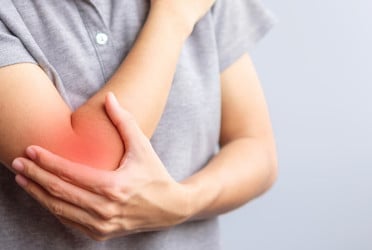
How the brain has the power to switch off pain
In the second world war, the physician Henry Beecher observed that some of his soldier patients, despite being injured on the battlefield, required no strong painkillers to manage their pain. In some cases, the injury was as severe as losing part of a limb. A truly remarkable phenomenon had come...

Can brief exposure to air pollution affect brain functioning?
Pollution can affect us in more ways that we can fathom. According to a recent study led by Thomas Faherty, Jane E. Raymond, Francis D. Pope (University of Birmingham) and Gordon McFiggans (University of Manchester), even brief exposure to particulate matter can impair brain function, that can...
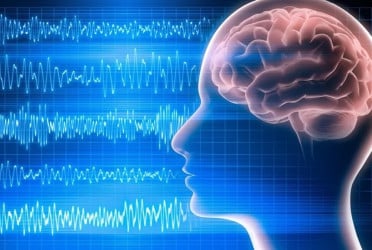
Study reveals brain waves may reflect life review before death
The question of what happens to the human brain as people approach death has puzzled both regular people and scientists for a long time. Although there are still some unanswered questions, new research seems to have found an answer, offering new understanding of the mystery. The study titled...
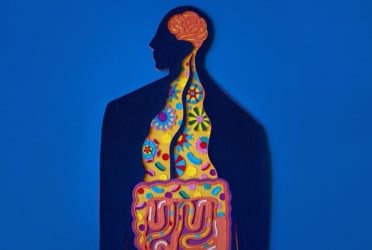
Could the secret to easing anxiety be hiding in your gut?
New research from Duke-NUS Medical School and the National Neuroscience Institute suggests a surprising link between gut microbes and anxiety. The study, published in EMBO Molecular Medicine, found that microbial metabolites called indoles regulate brain activity related to anxiety. Could our...
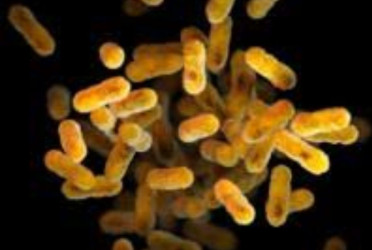
Human brain sample holds a spoonful of plastic: Study
A recent study reveals that brain samples from cognitively normal individuals collected in early 2024 contained more plastic particles than those taken in 2016. On average, brain tissue had seven to 30 times more plastic than kidneys or liver. Co-lead study author Matthew Campen from the...

Truth about brain rot: Debunking the tech panic
Concerns about brain rot from digital technology have surged, with claims that excessive screen time impairs cognitive function. However, experts argue that this moral panic lacks scientific backing. Andrew Przybylski, a professor at Oxford University, studies technologys impact on cognition. He...
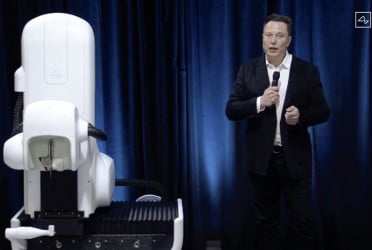
Elon Musk’s Neuralink completes third human brain-chip implant
Billionaire Elon Musk revealed that his neural interface company, Neuralink, has successfully completed the third brain-chip implant in a human patient. Neuralink Corp., which carried out its first human brain chip implant in January 2024, plans to perform 20 to 30 more implants in 2025. Musk...
